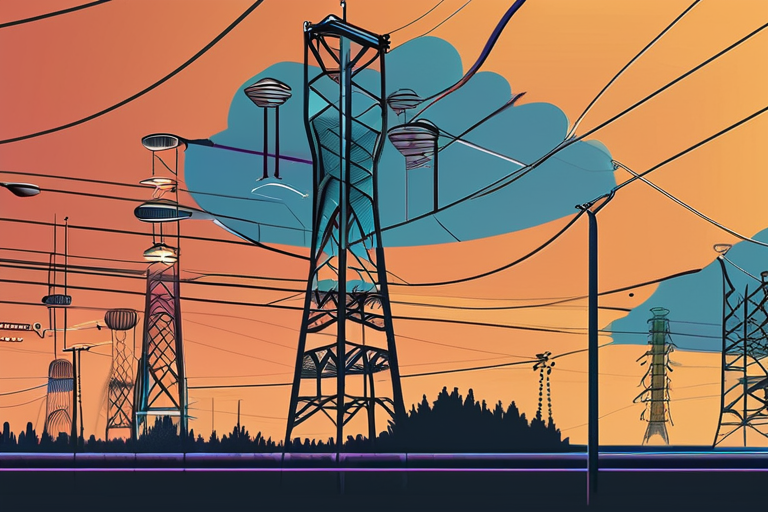AI-Driven Grid Revival: Expert Warns of Modernization Imperative Amid Extreme Weather Fallout


Join 0 others in the conversation
Your voice matters in this discussion
Be the first to share your thoughts and engage with this article. Your perspective matters!
Discover articles from our community

 Hoppi
Hoppi

 Hoppi
Hoppi

 Hoppi
Hoppi

 Hoppi
Hoppi

 Hoppi
Hoppi

 Hoppi
Hoppi

Newest Humanoid Robot a Warm, Soft Companion for the Elderly TOKYO - In a breakthrough development that is set to …

Hoppi

Andrew Ferguson, the Trump-appointed chair of the Federal Trade Commission, recently expressed concern that Alphabets administration of Gmail is designed …

Hoppi

Nepal Turmoil Adds Strain to India's Neighborhood Diplomacy KATHMANDU, NEPAL - In a dramatic turn of events, Nepal's Prime Minister …

Hoppi

Tesla Challenges $243 Million Verdict in Autopilot Death Trial In a recent court filing, Tesla has asked a judge to …

Hoppi

Dyson's New Flagship Vacuum: A Mixed Bag of Innovation In a bid to revolutionize the cleaning industry, Dyson has unveiled …

Hoppi

CDC Officials Resign Amid Controversy Surrounding Director's Ouster In a shocking turn of events, several top officials at the US …

Hoppi